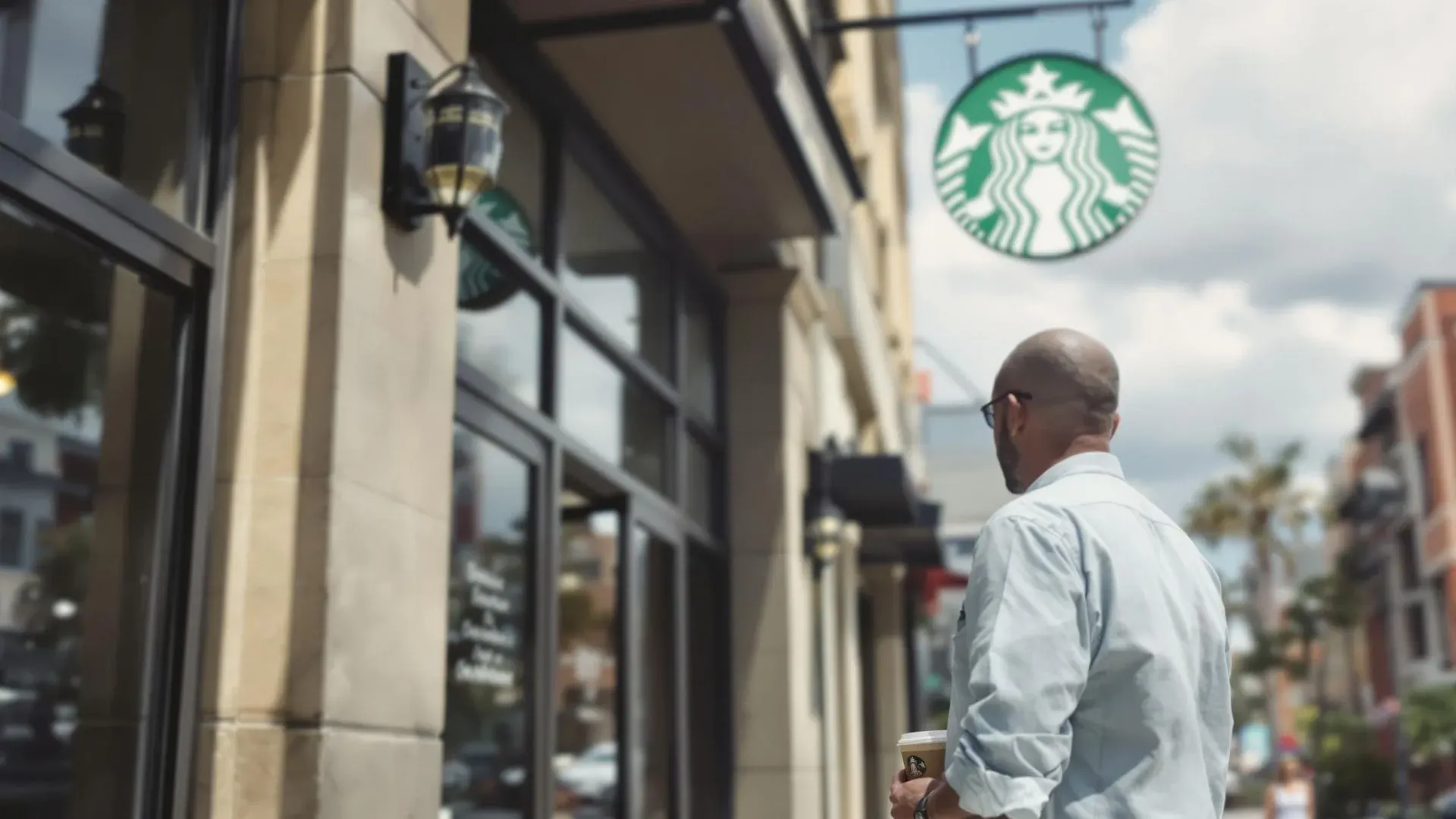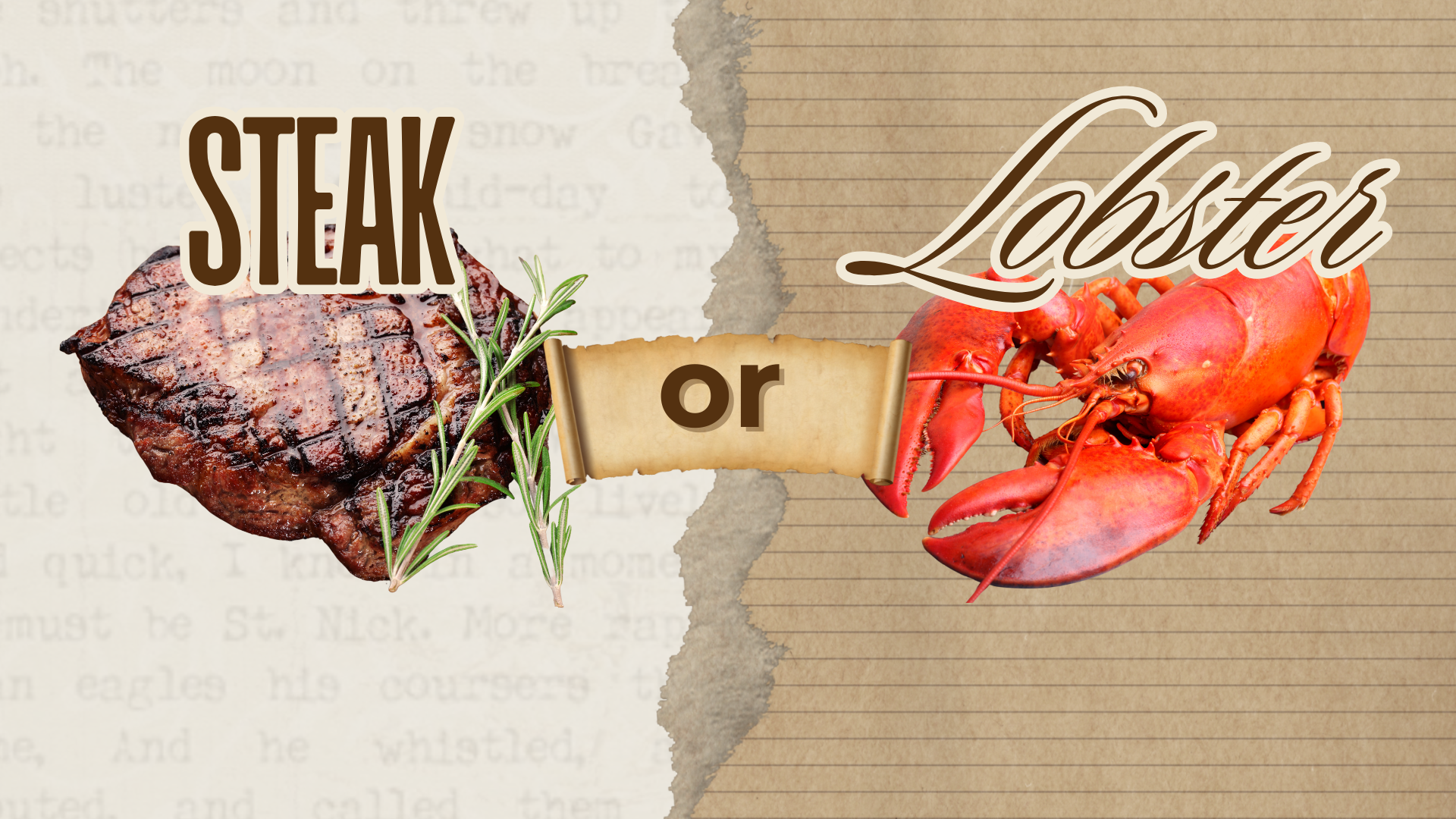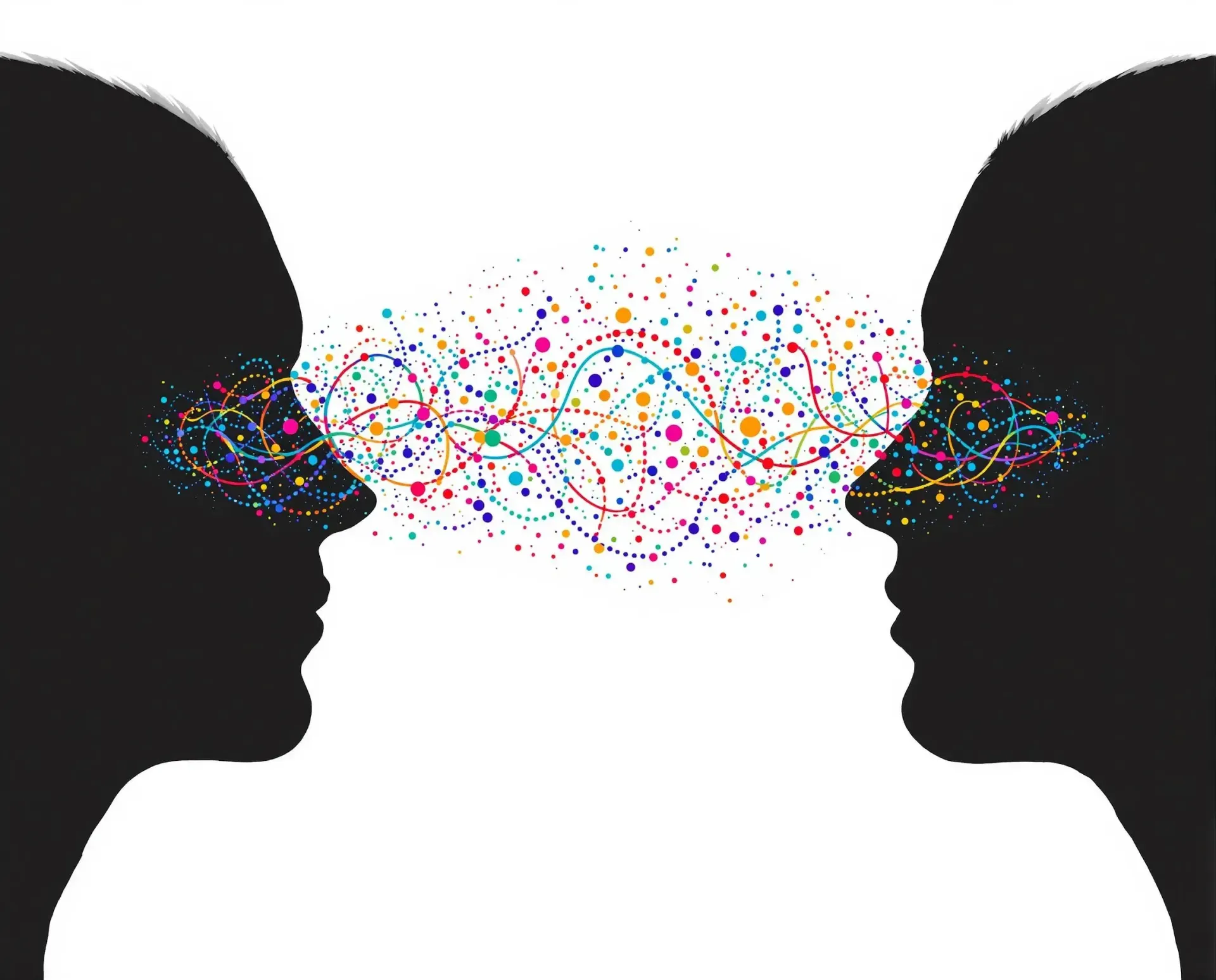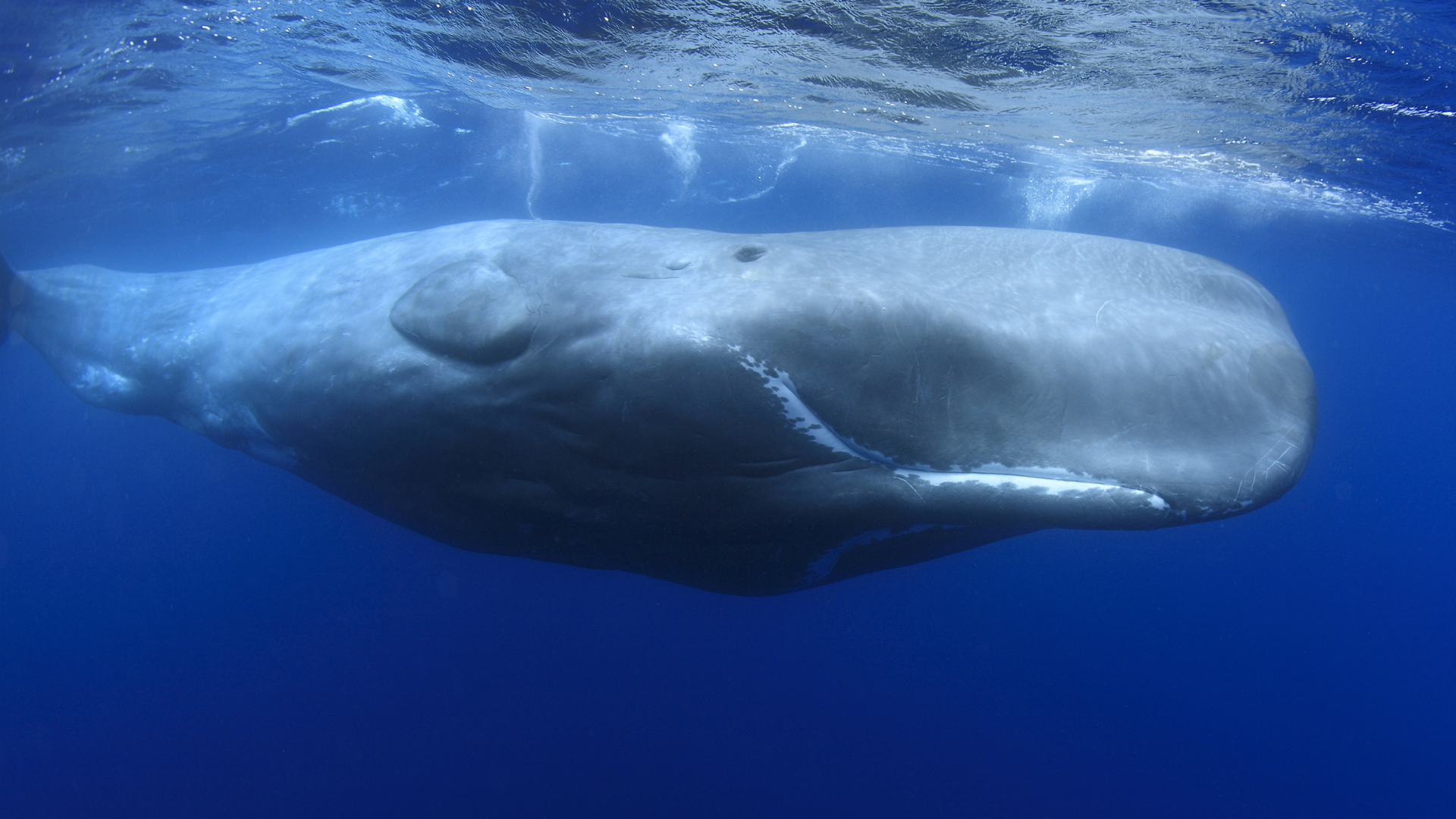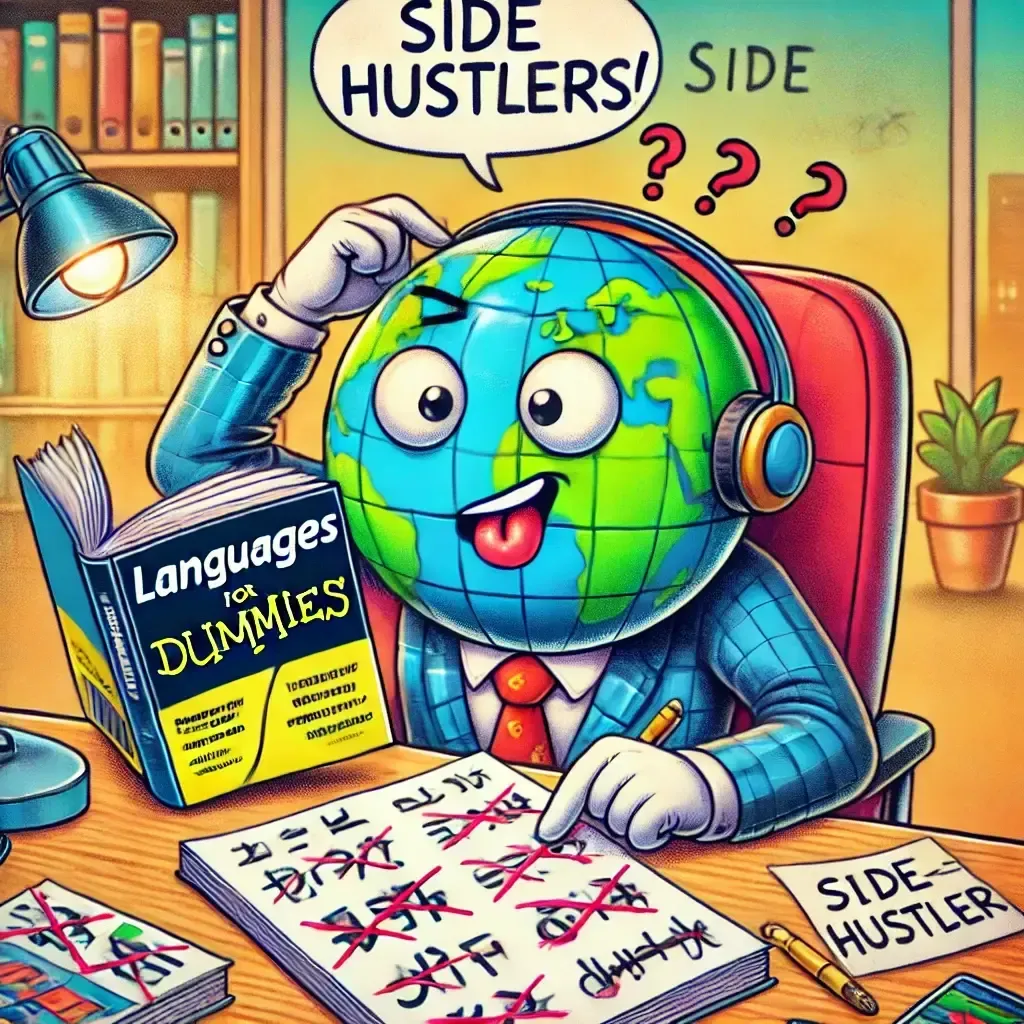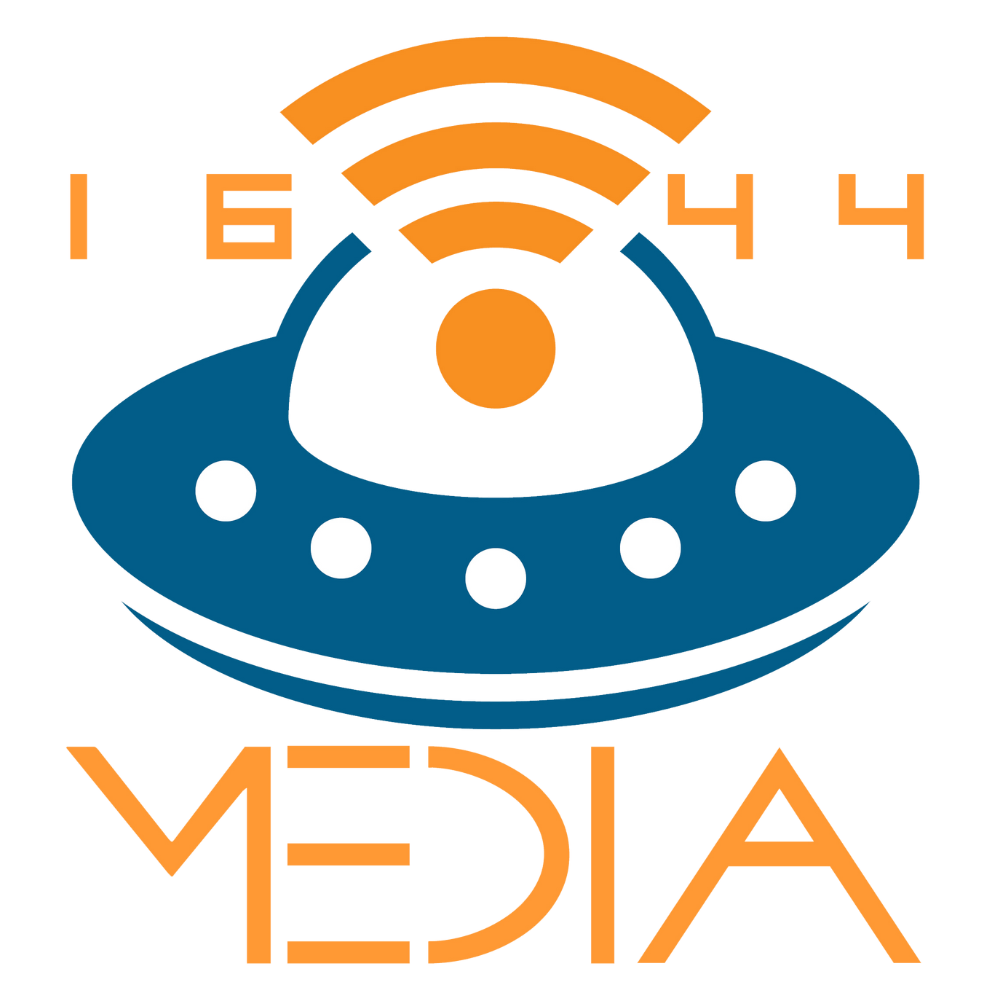The Black Hole of Creativity: How Marketing Forgot About People
How Marketing Lost Its Humanity—and Why It’s Time to Bring It Back
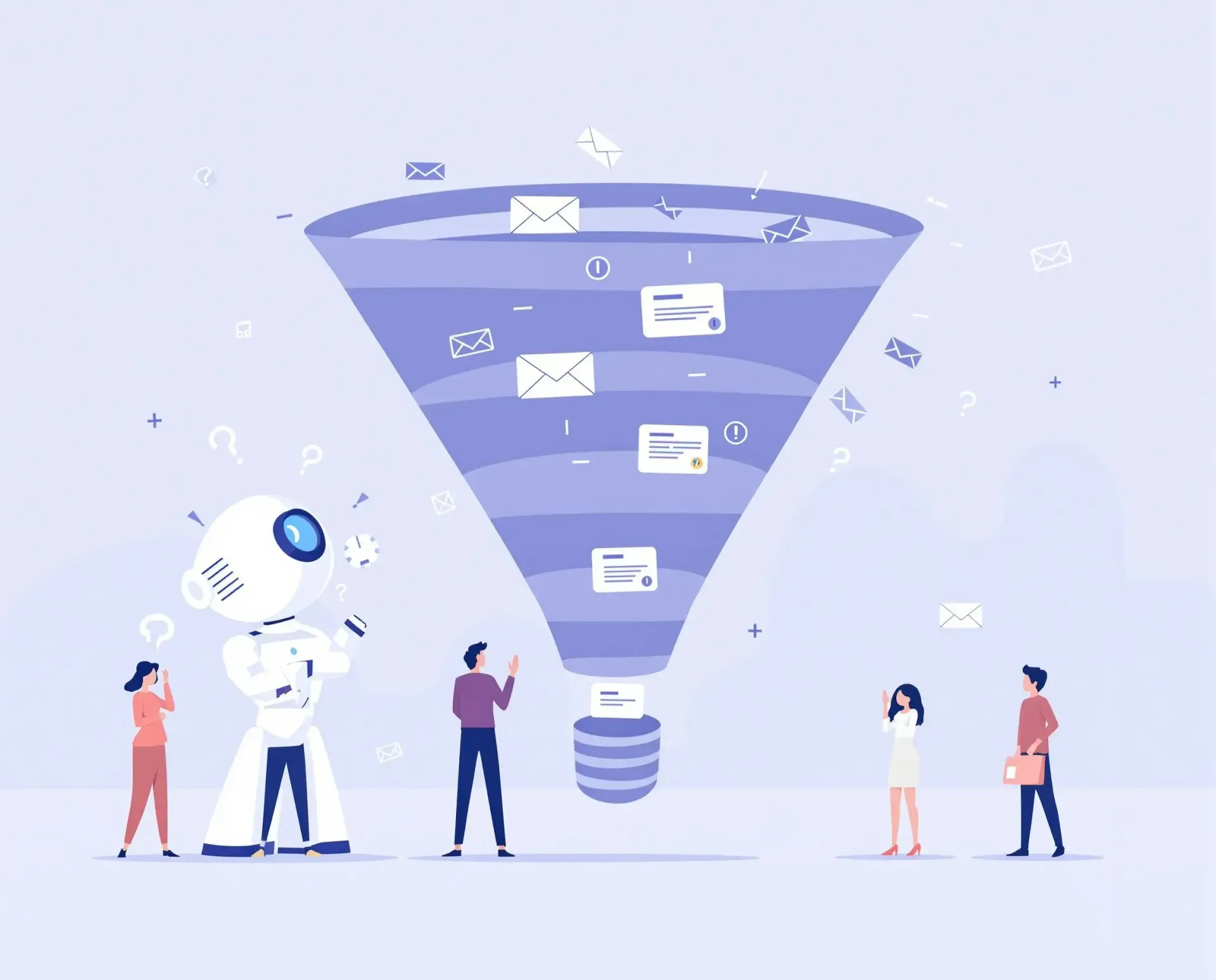
The Black Hole of Creativity: How Marketing Forgot About People
In a galaxy not too far away, there exists a black hole—a swirling vortex where great ideas go to die. Its gravitational pull is so strong, it drags entire industries into its depths, replacing creativity with sameness and innovation with automation.
Its name? The Sales Funnel.
Our story begins here, in the shadow of this black hole, where a brave Traveler set out on a mission.
The Quest for Connection
The Traveler wasn’t looking for much—just a little information. They were ready to buy, armed with a clear goal and the willingness to invest. All they needed was the basics:
- What do you offer?
- What does it cost?
But instead of answers, they found themselves caught in the pull of the funnel.
At first, it was subtle:
“Thanks for your interest! Join our webinar to learn more!”
Then it grew stronger:
“Here’s the replay if you missed it!”
And stronger still:
“Let’s schedule a meeting to discuss your needs!”
What should have been a straightforward exchange turned into a labyrinth of links, automated emails, and impersonal touchpoints. No human voice. No simple answers. Just the relentless spin of the funnel, pulling them further away from what they came for.
The Revelation
In the depths of the funnel, the Traveler had an epiphany:
Marketing has stopped being about people.
It wasn’t always like this. Once upon a time, marketing was about connection, conversation, and trust. It was about understanding your audience and meeting them where they were.
But somewhere along the way, technology took over. Funnels replaced customer service. Automation replaced relationships. And AI, while powerful, became a crutch—used not to enhance connection, but to avoid it.
The Traveler realized this wasn’t just a failing of one funnel. It was a symptom of a larger problem: an industry that had forgotten its purpose.
Marketing had become transactional. Efficient. Predictable. And in the process, it had lost the one thing that made it resonate: humanity.
The Escape
Finally, the Traveler reached their breaking point. They sent one last message:
“I don’t need a webinar. I don’t need a meeting. I need basic details—your services, your prices, and your terms. If that’s too much to ask, I’ll take my business elsewhere.”
And with that, they broke free.
But the lesson stayed with them. The funnel hadn’t failed because it was automated. It failed because no one had thought to balance the automation with human understanding.
Technology is a tool, not a replacement for connection. AI can enhance creativity, but it can’t replace empathy. Funnels can guide a journey, but they can’t create trust.
The Moral of the Story
The Traveler’s story is a warning, but also a call to action: dare to be different. Escape the black hole of creativity. Put people first, and the rest will follow.
Marketing isn’t about keeping your audience at arm’s length. It’s about inviting them in, understanding their needs, and showing them you’re listening.
Yes, technology can make us faster, smarter, and more efficient. But without the human element, it’s just noise.
The companies that will win aren’t the ones with the most polished funnels or the flashiest automation. They’re the ones brave enough to bring humanity back to marketing.

